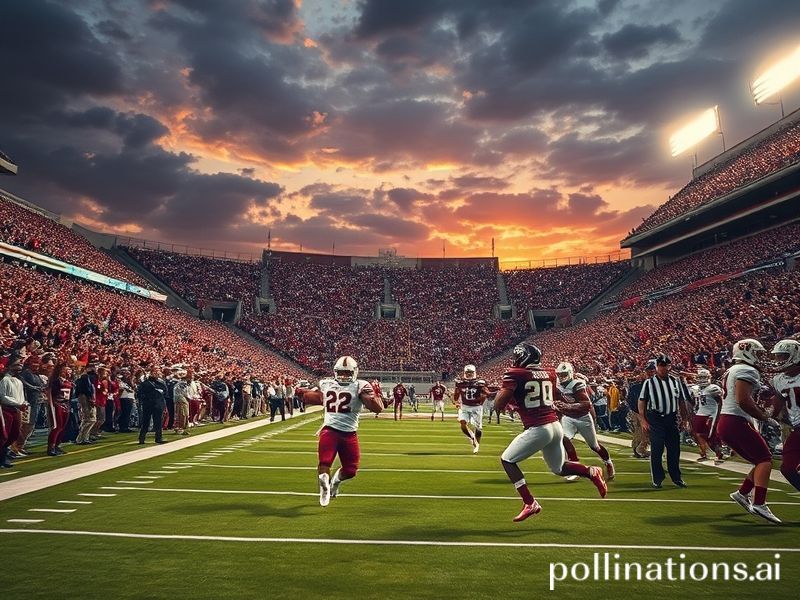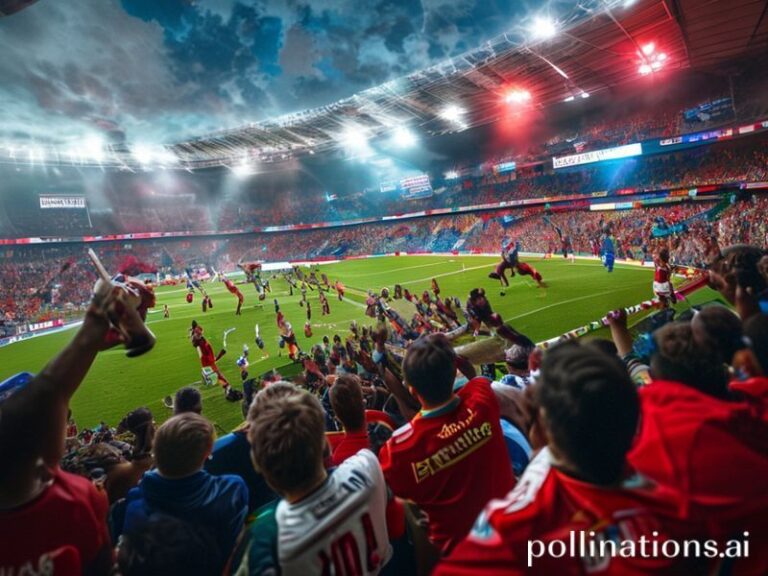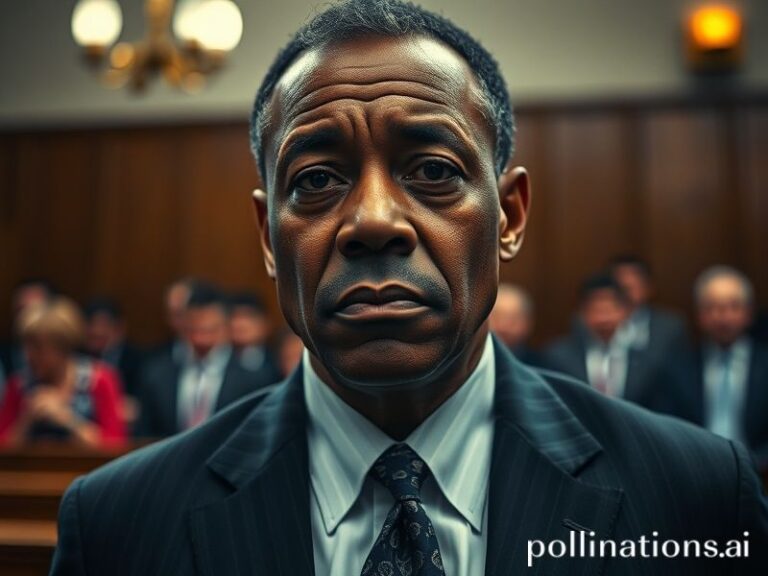Morehouse vs Howard: How a U.S. College Football Game Became the World’s Favorite Identity Pageant
The Global Gladiator Games: Morehouse vs Howard as a Barometer of a Fractured World
By Matteo “Malcontent” Marquez, Senior Correspondent (and reluctant optimist)
If you happened to tune in from Tokyo, Lagos, or a damp bedsit in Glasgow, you might have assumed “Morehouse vs Howard” was some sort of pay-per-view boxing bout sponsored by a crypto exchange desperate for brand recognition. In reality, it was a football game—American football, the one with helmets and enough stoppages to brew three espressos between plays—played last Saturday in Mercedes-Benz Stadium, Atlanta. On paper: a regular-season HBCU (Historically Black Colleges and Universities) matchup. In practice: a geopolitical mood ring for anyone paying attention to the way cultures weaponize nostalgia, brands monetize identity, and the rest of us scroll past wondering if the Wi-Fi will hold.
The final score (Morehouse 24, Howard 23, if you must know) is already trivia. What matters is how the game became a proxy battlefield for every meta-narrative currently making diplomats drink in the daytime. Morehouse, alma mater of King, and Howard, alma mater of Thurgood Marshall and, more recently, a thousand TikTok law students, both understand that their product isn’t higher education so much as higher aspiration. The stadium sold out because aspiration, unlike microchips, is not yet under export control.
From Berlin, the spectacle looked like a Harlem Renaissance theme park with better lighting. EU bureaucrats, fresh from failing to agree on a joint statement about anything, watched enviously as two American colleges managed to synchronize drums, dancers, and corporate sponsors without forming a single working group. Meanwhile in Beijing, state media filed the game under “soft-power case study,” noting that even U.S. minorities can be persuaded to pay $120 to sit in plastic seats and wave bank-branded towels. The irony—that China’s own ethnic pageants are compulsory—was politely left on the cutting-room floor.
Global implications? Start with the betting markets. London bookies who normally restrict themselves to the Premier League took wagers on whether the halftime show would feature Beyoncé or merely someone who owed her money. (It was the latter; several traders are now shopping for new yachts.) In Lagos, sports bars screened the game at 2 a.m. because Nigerian millennials have decided HBCU culture is the new K-drama: aspirational, photogenic, and safely distant from local generator noise. One Lagos banker told me, “It’s like watching Wakanda if the vibranium were student-loan debt.”
Morehouse and Howard also serve as informal embassies. When the U.S. State Department wants to impress African dignitaries without mentioning drone bases, it invites them to a halftime handshake on the 50-yard line. Saturday’s VIP list included a former Ghanaian president, three sneaker executives, and a Saudi sovereign-wealth intern taking notes on how to monetize heritage without appearing to loot it. All left clutching branded gift bags heavier than their consciences.
Economists—those cheerful people—point out that the game generated an estimated $14 million in local revenue, roughly equivalent to one hour of Elon Musk’s self-inflicted legal fees. That money circulates through Atlanta’s Black-owned restaurants, rideshares, and, inevitably, the informal pharmaceutical sector. Call it trickle-down economics with better playlists.
The darker undercurrent, never spoken aloud, is that Morehouse vs Howard offers the illusion of choice in a country that still struggles to fund its public HBCUs at the same level as flagship state schools. Saturday’s pageantry is the sugar that helps the austerity go down. Meanwhile, tuition rises faster than either team’s running back, and both colleges quietly court foreign billionaires who think “diversity” is a hedge-fund strategy.
Still, cynicism can be overdone. Somewhere in the stands a first-generation student from Kingston or Kinshasa looked at the marching bands and thought, “Maybe I can write the next chapter.” Hope is embarrassing but stubborn, a bit like that one uncle who insists on wearing socks with sandals.
So what did Morehouse vs Howard prove to the planet? That culture remains the most volatile commodity on the market, that identity sells better when packaged with brass sections, and that even in a fractured world we will still cross oceans—digital or literal—to watch 22 young men chase an inflated piece of leather under LED lights. If that isn’t a metaphor for the human condition, I don’t know what is. Probably crypto.







